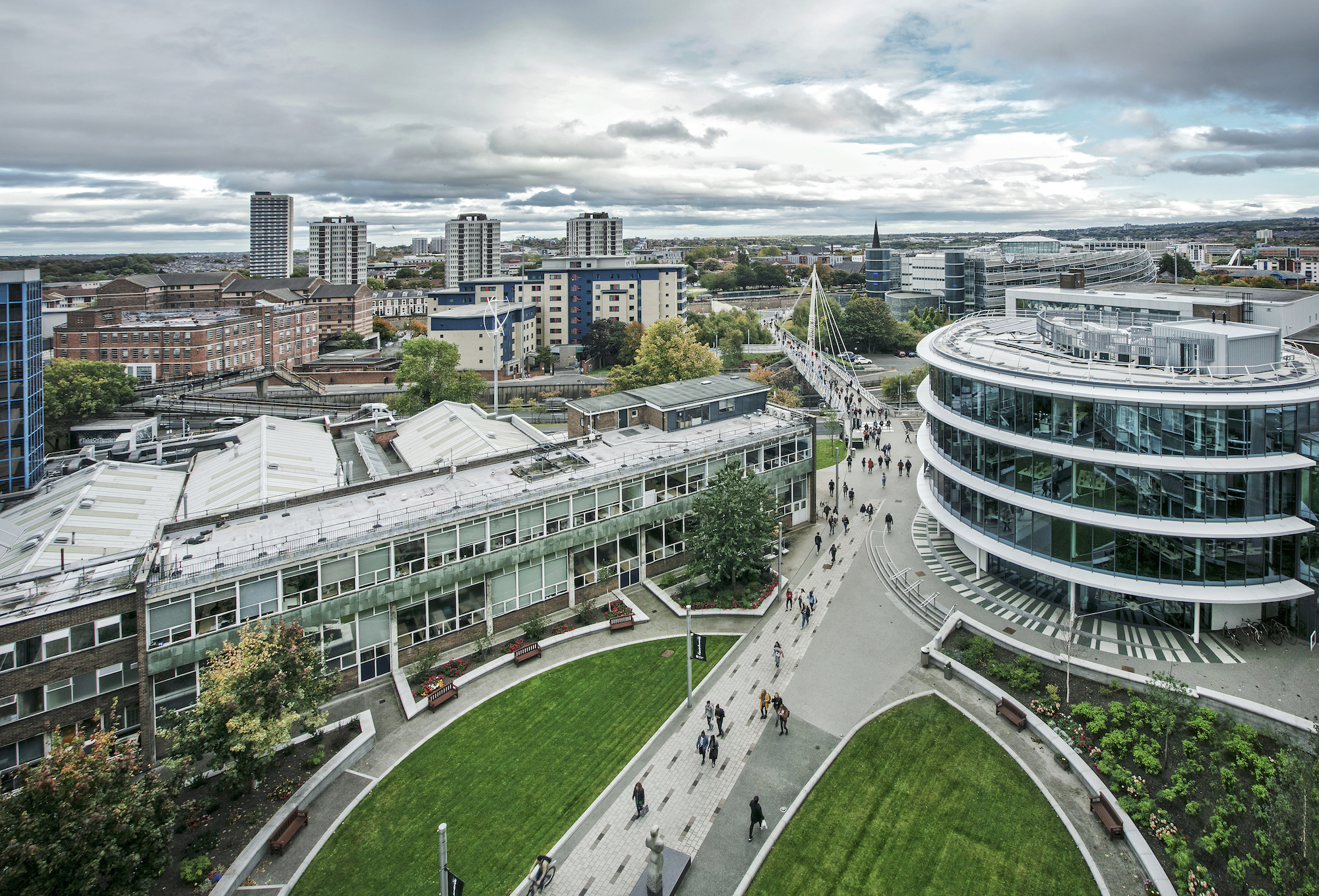How the Local Growth Fund helped North East businesses diversify during the coronavirus pandemic
In March 2020, as the coronavirus pandemic escalated in the UK, there soon became an immediate and urgent need for Personal Protective Equipment (PPE).
To help meet demand, government encouraged companies up and down the country to pivot their businesses to manufacture and supply PPE.
To support businesses in the North East LEP region to join the national COVID-19 effort and produce Personal Protective Equipment, the North East LEP increased its budget from the Local Growth Fund to £1.9m to support the Supply Chain North East programme, which assists businesses to diversify their offering, expand their customer base and unlock untapped opportunities in new markets.
Businesses could apply for a capital grant to pivot their business and begin the manufacture and supply of PPE. In total, 32 businesses in the North East LEP area received funding.
They include County Durham-based IT company, Carbon8 Ltd. Following a significant reduction in sales as supply chains across the world were impacted by the coronavirus pandemic, the company decided to pivot its business completely to produce medical grade face masks. In May 2020 John Murphy, Director of Carbon8 Ltd, contacted Supply Chain North East to discuss what support was available to develop a new business model to incorporate the production of face masks.
Working with testing agencies as well as Medicines and Healthcare products Regulatory Agency (MHRA), Carbon8 Ltd secured the required certification and accreditation and is now producing face masks to EN14683 IIR standards.
John Murphy, Director of Carbon8 Ltd, said: “I would definitely recommend Supply Chain North East to other businesses. The team were so helpful with the project and had excellent understanding of what I was trying to accomplish, and I really appreciated the suggestions that were given in relation to the business. At a very uncertain time, we were given other options to our business and now that we are in production, we are looking forward to increasing our production permanently with the help received.”
Another County Durham-based business, Newton Press, used LGF capital funding from Supply Chain North East to diversify its business to produce PPE screen guards for local businesses, the NHS and care homes.
The family-run publishing and printing business saw a sudden loss in demand for its products and services and chose to diversify in response to the coronavirus pandemic. After speaking to Supply Chain North East, Newton Press was able to access the funds to upgrade and recalibrate its equipment to produce a range of screen guards that met the individual needs and preferences of businesses. Its existing print facilities meant the company was able to offer clients the ability to brand screen guards with logos or instructions.
Stuart Howarth, Director of Newton Press, said: “We are very grateful to Supply Chain North East for the support to upgrade our equipment. It has played a major part in recovering sales and moving forward.”
Rocket Medical, an award-winning designer and manufacturer of single use medical devices based in Washington, Sunderland, was awarded LGF capital grant funding through Supply Chain North East to acquire and install new machinery to improve the speed, quality, accuracy of its production. The company produces a number of devices that are essential for the NHS’s COVID-19 response, resulting in a huge rise in demand.
Alan Hewett, Supply Chain North East Business Advisor at RTC North, said: “It was fantastic to be able to support Rocket Medical in this crucial time and assist their acquirement of additional equipment to automate a process and alleviate a ‘bottle neck’, which has helped the business to meet the demand posed by the COVID-19 situation in support of the healthcare sector.”
Andrew Moffat CBE, Chair of the Innovation Board at the North East Local Enterprise Partnership, said: “At the beginning of the coronavirus pandemic there was a huge amount of uncertainty, and businesses across our region were preparing for the worst. Many saw an immediate negative impact as supply chains were disrupted globally.
“The decision to invest further in Supply Chain North East and assist businesses to diversify their offering was in direct response to this. The Local Growth Fund supports the delivery of the North East Strategic Economic Plan, which aims to grow a more productive, inclusive and sustainable North East economy and create 100,000 more and better jobs for the region. By helping businesses pivot to manufacture and supply PPE we were able to protect, and in some cases, create new jobs.
“The investment from the Local Growth Fund has supported 32 businesses to continue trading and, importantly, create a new revenue stream that is contributing to the North East’s economic recovery.”
The Local Growth Fund has invested more than £270m in major capital projects across all seven North East LEP local authority areas since 2015. Projects include the International Advanced Manufacturing Park (IAMP) in Sunderland and South Tyneside, The Biosphere life sciences building on Newcastle Helix, the South Shields bus and Metro Transport Interchange in South Tyneside, and The Sill: National Landscape Discovery Centre in Northumberland National Park.
The Local Growth Fund supports the delivery of the North East Strategic Economic Plan, which aims to grow a more productive, inclusive and sustainable North East economy and create 100,000 more and better jobs for the region.
All £270.1m from the Local Growth Fund has now been allocated in the North East LEP region, with all in-progress projects due to reach completion by 2024.
Projects supported through the Local Growth Fund help drive innovation, improve support for businesses, support economic inclusion, and either help develop skills infrastructure or enhance strategic transport sites and public transport infrastructure.
To find out more about the Local Growth Fund, visit https://www.northeastlep.co.uk/funding.
To find out more about Supply Chain North East, visit www.supplychainnortheast.co.uk.








